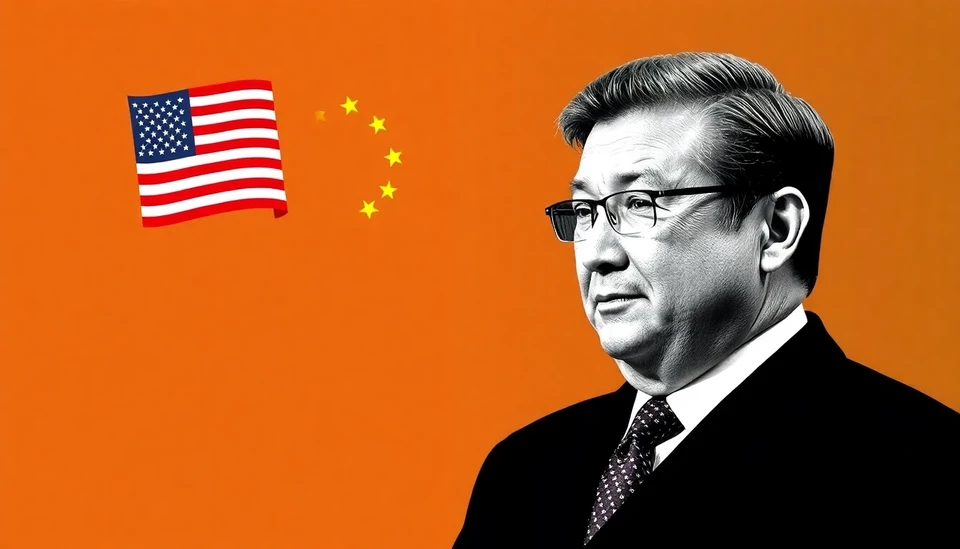
In a significant escalation of economic tensions, new tariffs imposed by the United States are expected to have a devastating impact on China's economy, one that analysts suggest could surpass the effects of the previous trade war. This recent development highlights the ongoing friction between the two global superpowers, with far-reaching implications not only for bilateral trade but also for the global economy.
The latest round of tariffs, which targets a wide range of goods, has been described by experts as a more severe shock to China’s economy compared to the tariffs enacted during the initial trade conflict that began in 2018. The magnitude of these tariffs and the strategic targeting of key sectors could lead to increased economic instability within China, increasing tensions that have simmered since the first trade war.
Market analysts indicate that the sectors most affected by these tariffs will face challenges in sustaining growth, leading to an anticipated slowdown in economic expansion. As a result, China may be forced to reevaluate its trade policies and economic strategies in response to the heightened pressure from the U.S. government.
Moreover, the ripple effects of these tariffs could extend beyond China's borders. Countries that rely heavily on trade with China may also experience economic repercussions as supply chains are disrupted and exports to the Chinese market diminish. Economies in Southeast Asia, for instance, could see declines in growth as they navigate the complexities of reduced demand from one of their largest trading partners.
The U.S. administration's decision to implement these new tariffs may have been influenced by a desire to mitigate trade imbalances and protect domestic industries. However, the action is not without controversy, as some economists warn that such a protective approach could backfire, leading to higher prices for American consumers and potential retaliation from China.
As the U.S. and China grapple with their trade relationship, experts are closely monitoring the situation. The ongoing Tariff War poses a risk of escalating into a broader economic conflict that could redefine global trade patterns. The global markets are anxious, reflecting uncertainties around potential retaliatory measures from China and the long-term implications for international trade.
In light of these developments, stakeholders are urged to prepare for a potentially turbulent economic landscape. The interplay of tariffs, international relations, and market dynamics will undoubtedly shape the outlook for both nations and the world at large. Investors and industry leaders alike must remain vigilant in adapting to this rapidly changing environment.
As events unfold, the world watches closely, aware that this new chapter in U.S.-China relations could lead to profound changes in how global markets function and how countries engage with one another in trade.
In conclusion, the significant increase in U.S. tariffs may prove to be a pivotal moment in the already complex relationship between the two economic giants, signaling a shift that could have lasting consequences for years to come.
#USTariffs #ChinaTrade #EconomicTensions #GlobalMarket #TradeWar #InternationalRelations #TradePolicy #EconomicImpact
Author: Laura Mitchell




